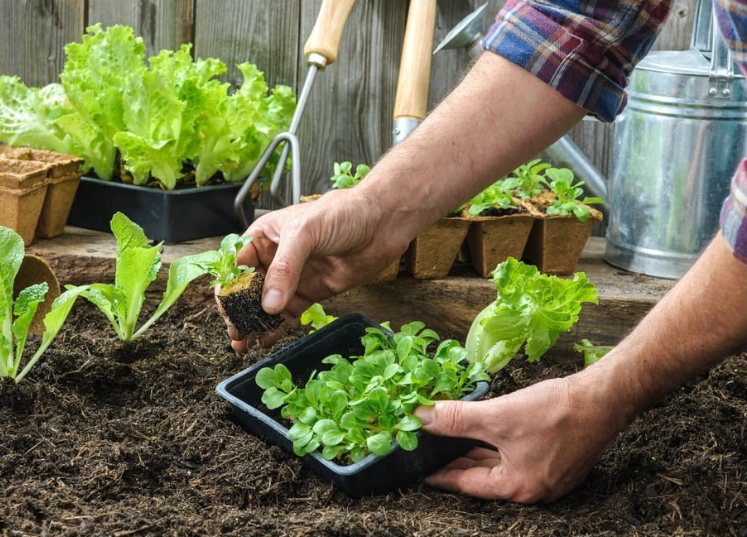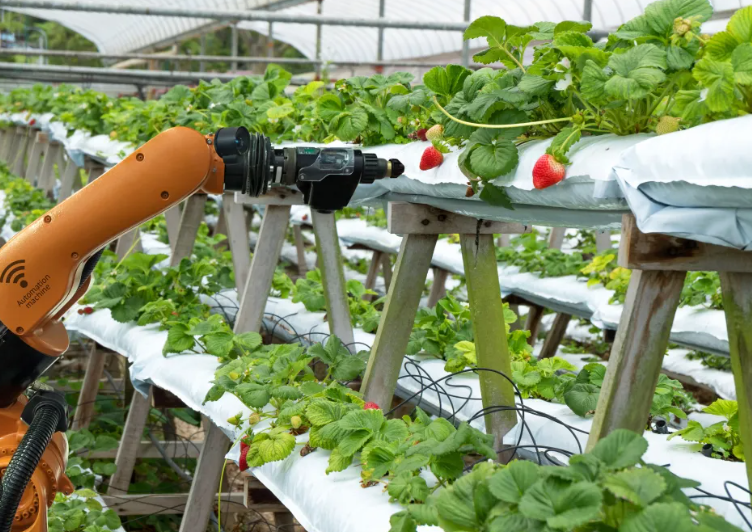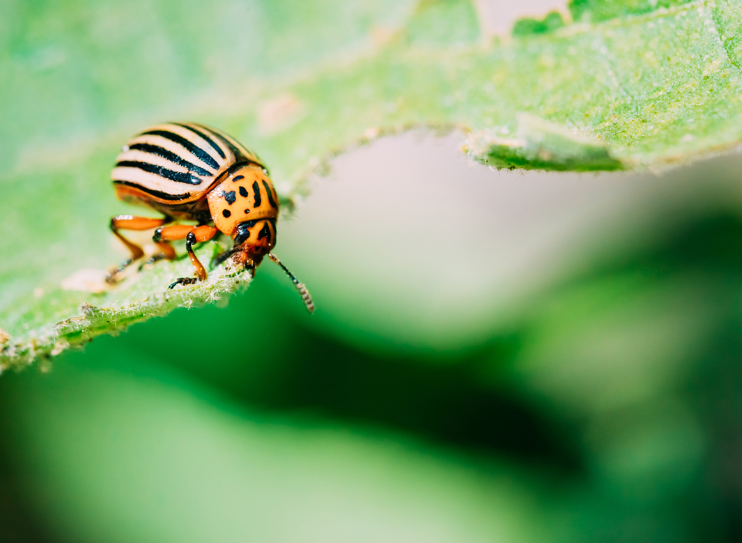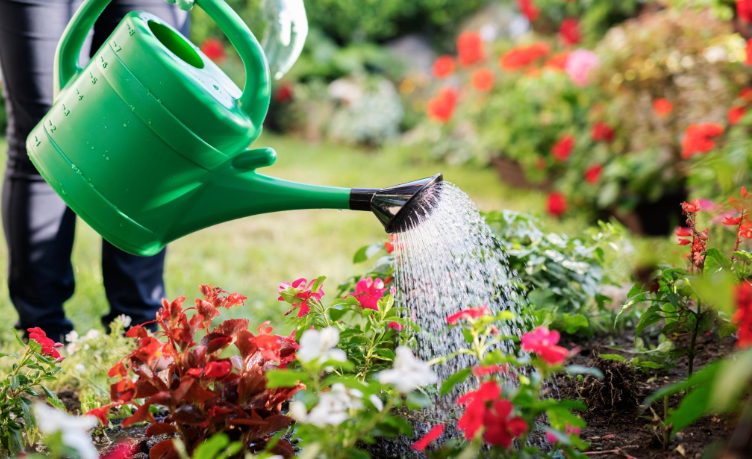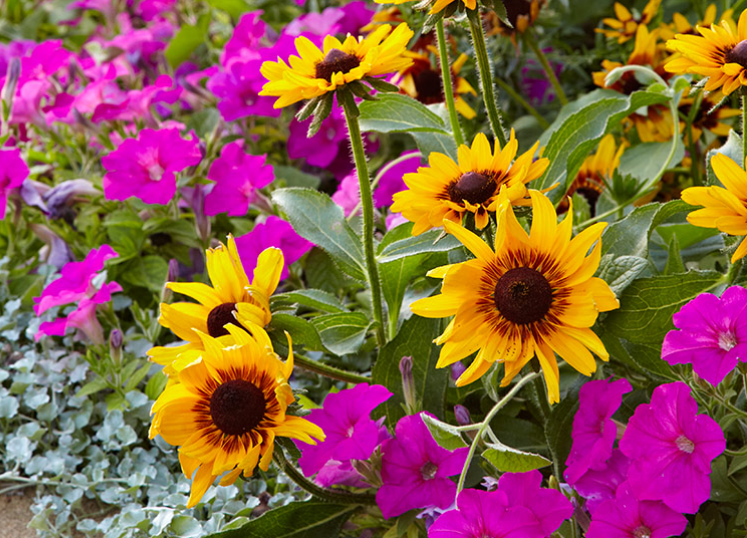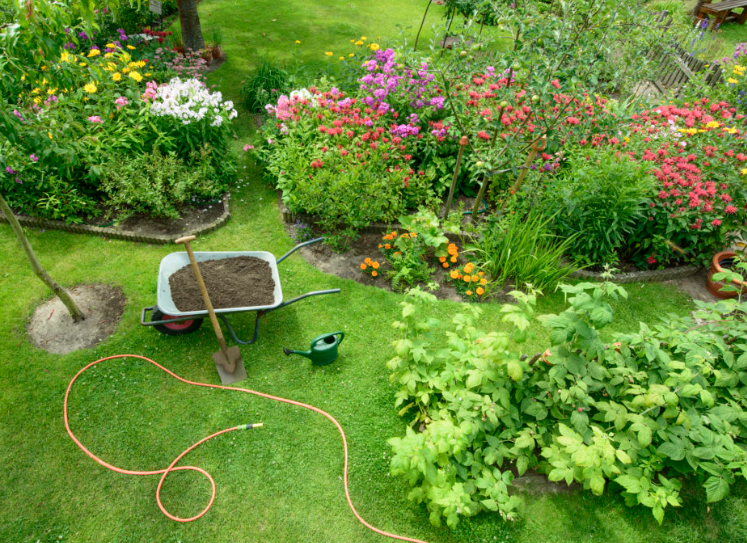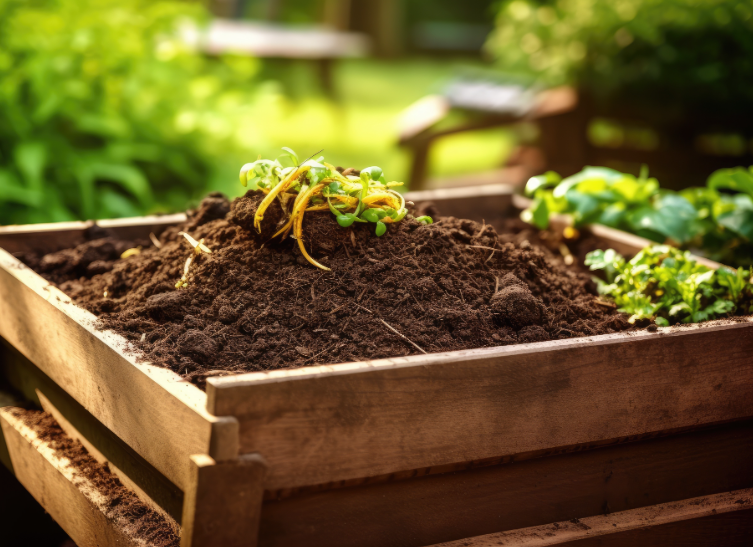Sustainable gardening is all about working with nature to create a healthy, thriving garden while minimizing environmental impact. For beginners, sustainable gardening might sound like a daunting task, but it’s actually a rewarding and straightforward process. By adopting eco-friendly practices, you can conserve resources, promote biodiversity, and enjoy a flourishing garden year-round.
Key Practices in Sustainable Gardening:
Soil Health: The foundation of any sustainable garden is healthy soil. Avoid synthetic fertilizers and instead use compost, mulch, and organic matter to improve soil fertility. Healthy soil supports plant growth, reduces erosion, and helps retain moisture, reducing the need for frequent watering.
Water Conservation: Water is one of our most precious resources, and sustainable gardening practices can help conserve it. Use drip irrigation systems that direct water directly to the plant roots. Collect rainwater in barrels to water your garden, and group plants with similar water needs together to reduce waste.
Native Plants: Native plants are well-adapted to your local climate, require less water, and attract pollinators. By incorporating native species, you’re reducing the need for chemicals and fertilizers, and supporting local wildlife such as birds, bees, and butterflies.
Reduce Lawn Areas: Lawns require frequent watering, mowing, and fertilizing, all of which have environmental impacts. Consider replacing portions of your lawn with drought-tolerant groundcovers, native plants, or vegetable gardens that offer both aesthetic value and food production.
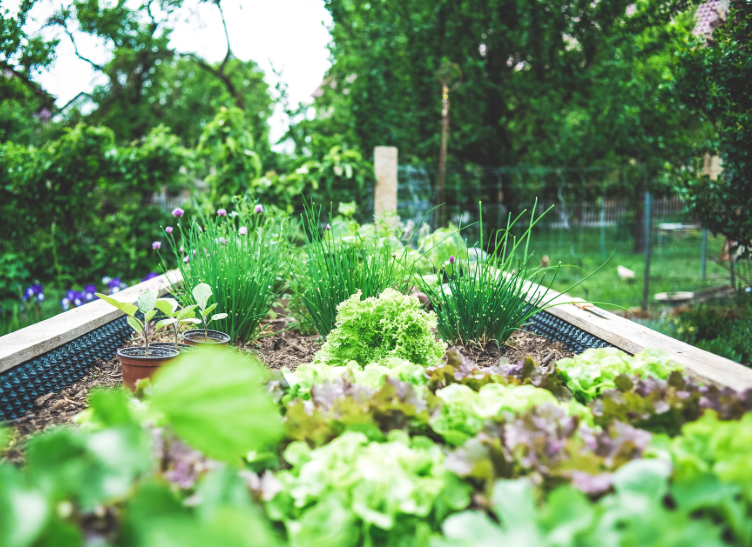
Why Sustainable Gardening Matters
By adopting sustainable gardening practices, you’ll create a garden that’s both beautiful and beneficial to the environment. Sustainable gardening can reduce your carbon footprint, lower water usage, and foster biodiversity, all while providing you with fresh produce and a healthier, more resilient garden.
